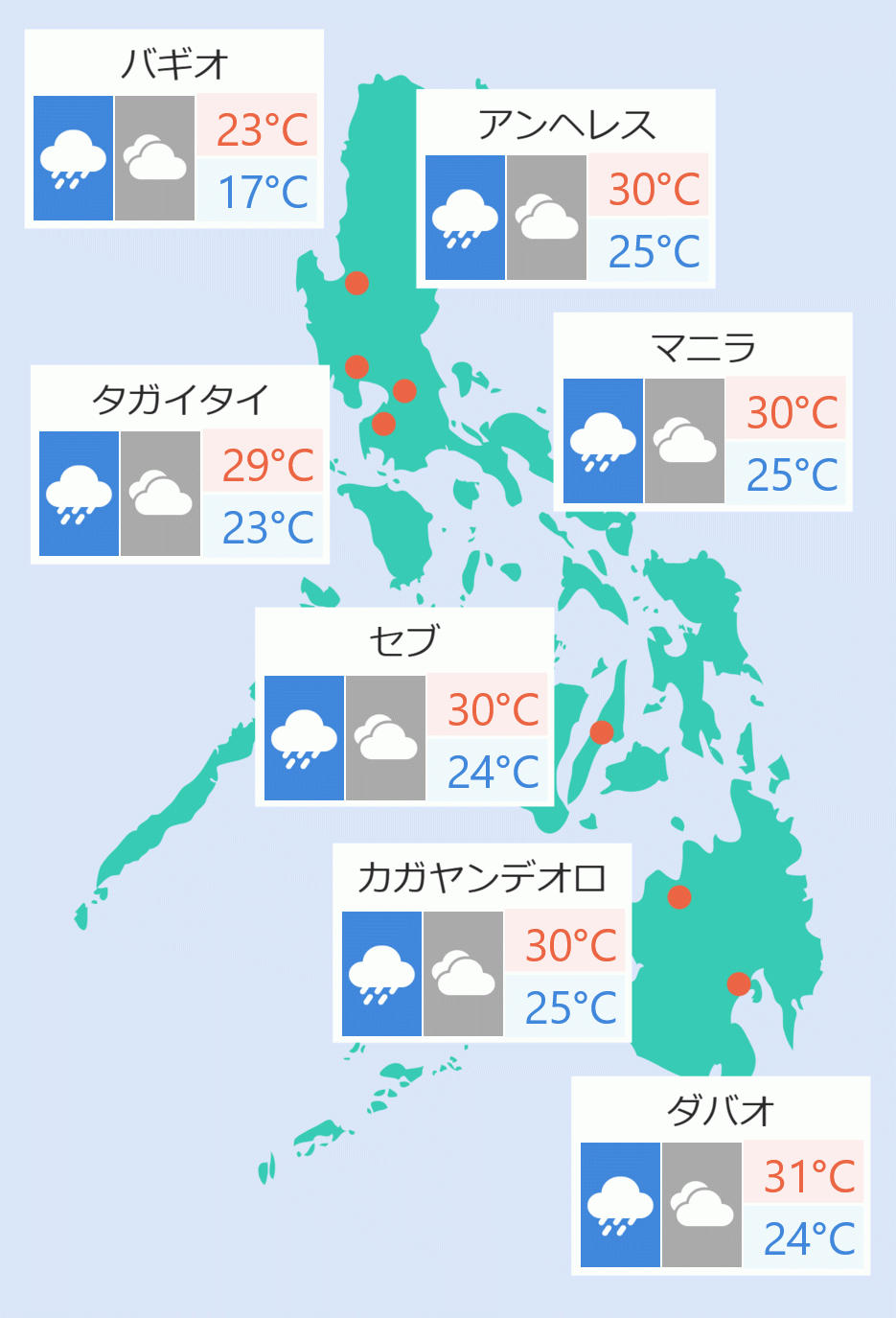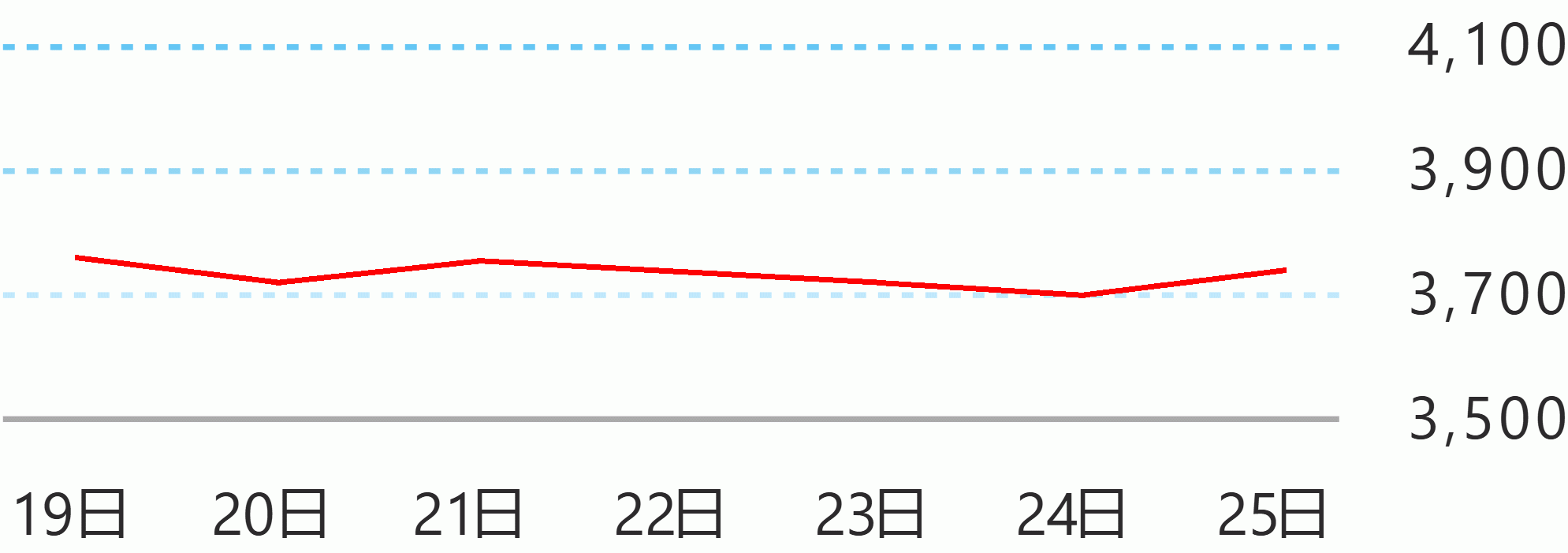The Food and Drug Administration (FDA) has granted emergency use authorization to coronavirus vaccine being manufactured by Chinese Sinovac Biotech, an official said on Monday.
In the "Laging Handa" public briefing, FDA Director General Rolando Enrique Domingo, however, said Sinovac vaccine shall be administered only and used to prevent COVID-19 in "clinically health individuals aged 18 to 59 years old."
"The use of the SARS-COV or the Sinovac vaccine in healthcare workers is not recommended as it has an efficacy of 50.4 percent in this group," he said.
With the EUA guidelines, President Rodrigo Duterte, who is a senior citizen, could not be inoculated by Sinovac vaccine.
Sinovac is the third pharmaceutical company that the FDA granted EUA. The two others are Pfizer and AstraZeneca.
"So, after thorough and rigorous review of the currently available published and unpublished data by our regulatory and medical experts, the FDA is granting an Emergency Use Authorization for the COVID-19 vaccine of Sinovac Life Sciences Company known as SARS?COV-2 vaccines Cero Cell Inactivated or the trade name is Coronavac. It is decided that all conditions for an EUA are present and that the benefit of using the vaccine outweighs the known and potential risks," Domingo said.
Citing the interim data from the ongoing phase 3 trials of Sinovac vaccine, he noted that when the Chinese drug is used on clinically healthy members of the community, aged 18 to 59, it has efficacy rate of 65.3 percent to 91.2 percent.
The 65.3 percent was the one seen in Indonesia while the 91.2 percent was the one in Turkey.
Domingo said experts recommended to use Sinovac vaccine in two equal standard doses of 0.5 ml each given four weeks apart.
"The adverse events reported were transient and mostly mild to moderate similar to common vaccine reactions. No specific safety concerns were identified, but it must be noted that this only reflects limited follow-up and more adverse effects may emerged that is why close surveillance and monitoring is needed after the immunization," he said.
He said the authorization given to Sinovac was only for EU and thus, cannot be sold commercially.
The EUA, he said is only until the declaration of the public health emergency is lifted or until there is a certificate of product registration of the vaccine.
Unlike Pfizer and AstraZeneca, the government did not need to sign an indemnification agreement with Sinovac, Presidential Spokesperson Harry Roque said in a televised press briefing.
With the absence of indemnification deal, asked of the consequences in case Sinovac COVID-19 vaccine has severe adverse effect to the recipients, Roque said, "There is a law being passed by Congress and, of course, the law is applicable to all vaccines."
"There will be indemnity fund and in case of side effects, there is no obligation on the part of the claimant to prove fault or negligence, they can recover from the P500 million indemnification fund," he said.
He also noted that reading from the news, both chambers of Congress are ready to pass into law the bills covering the indemnification fund.
Meanwhile, Health Secretary Francisco Duque III said that his office has been requesting the Department of Budget and Management to release the DOH's savings to be used in purchasing Sinovac vaccine.
"If I'm not mistaken, that's for the 50,000 doses that we will initially import and pay. That's why the suggestion of the National Task Force is to use the savings in the meantime," he explained. Celerina Monte/DMS





 English
English









